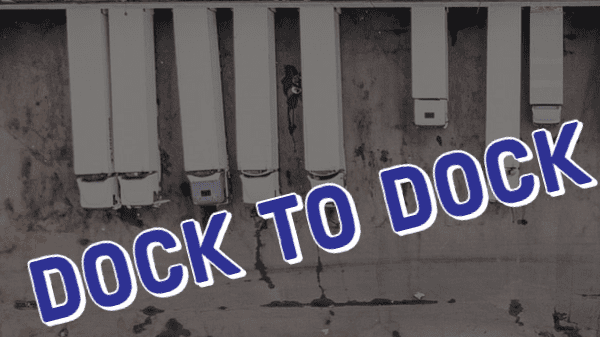The Problem
Load wrongfully rejected to the truck.
The Key Point
Protect the commercial value of the product, even after a wrongful rejection.
The Solution
Gather all available information, communicate, and act in good faith.
Q: We are a carrier based on the East Coast. We just delivered a load of mixed vegetables to New York. The receiver noted “bad quality & warm load” on the bill of lading and rejected the entire load to the truck. There was no inspection. The portable recorder looks perfect. We do not believe this product can be properly rejected to the truck. While the receiver alleges the truck ran warm, there is nothing to back this up. The driver wants to donate the load to a nearby food bank since we’re not at fault. Are we within our rights to do this?

A: We understand that wrongful rejections can be very frustrating and time consuming. That said, we DO NOT advise donating saleable product to a food bank without the consent of the other interested parties. Carriers are expected to protect the product in their possession and to take reasonable steps to mitigate any losses, even after a wrongful rejection.
In situations where produce is rejected to the carrier and the carrier believes the rejection may be wrongful, carriers are generally advised to take the following steps. First, promptly call for a government inspection certificate, gather all available temperature records, and any other relevant information.
Then notify all interested parties that allegations of a carrier problem are disputed, explaining why the allegations are disputed. Third, ask the receiver to reconsider and either: (a) accept the produce “under protest” claiming damages against the carrier and/or the seller as appropriate based on the facts that develop; or (b) handle the product on consignment or “for the account of whomever it concerns.”
Next, if the impasse persists, explain, in writing, that if the receiver will not sell the product, and if no other party will take responsibility for mitigating losses, then the carrier will arrange to have the product sold in order to mitigate losses, while making it clear the claim is disputed and that full payment for the original freight and any additional expenses incurred (e.g., detention fees, reconsignment expenses, inspection fees, etc.) is expected.
Ask for a response within a reasonable period of time (e.g., three (3) hours), during which time the carrier should begin attempting to find a buyer or commission merchant (typically an area wholesaler handling product on consignment) to sell the produce.
Then actively monitor the disposition of the produce—if the produce is handled on consignment or sold without a fixed price (e.g., price-after-sale), request a detailed accounting of sales from the third-party seller to support its returns.
Lastly, diligently work with all parties to keep communications open and settle any claims. Keep records of all communications and confirm any understandings or agreements in writing.
By gathering all available information to prove the rejection was wrongful, communicating with all interested parties, and acting reasonably and in good faith to mitigate losses in the best interests of “whomever it concerns,” you will give yourself the best opportunity to minimize or avoid losses and preserve business relationships when you suspect a load has been wrongfully rejected.
This is the Trading Assistance Dock to Dock column from the March/April 2022 issue of Produce Blueprints Magazine. Click here to read the whole issue.



